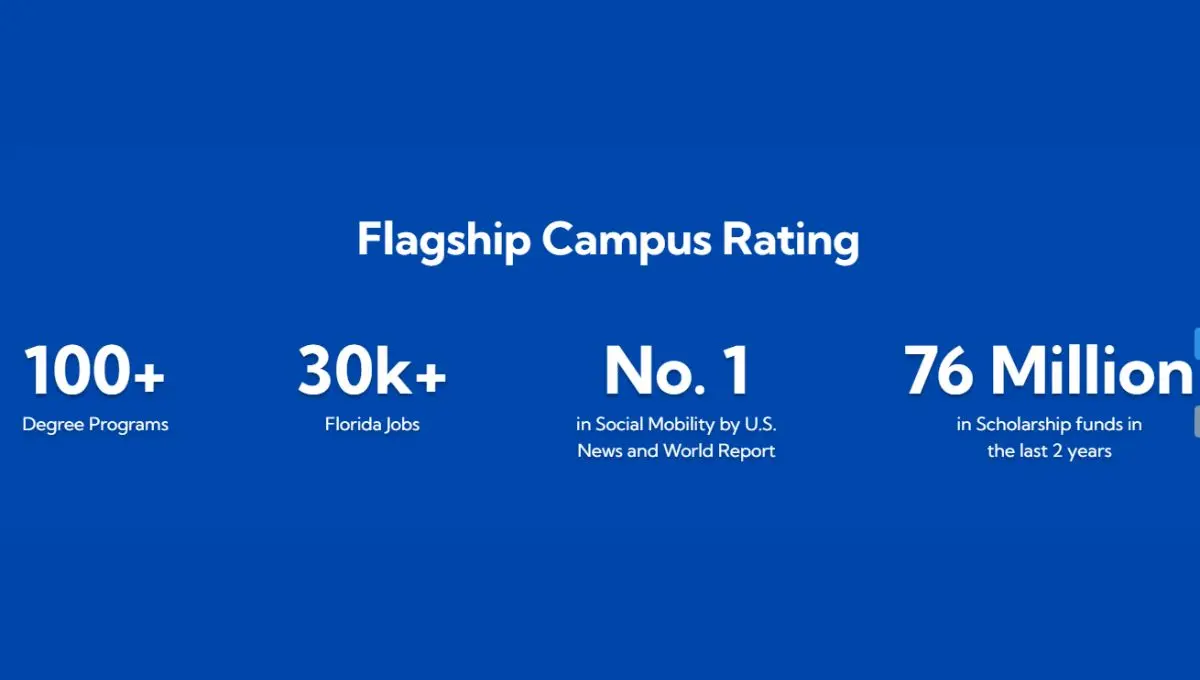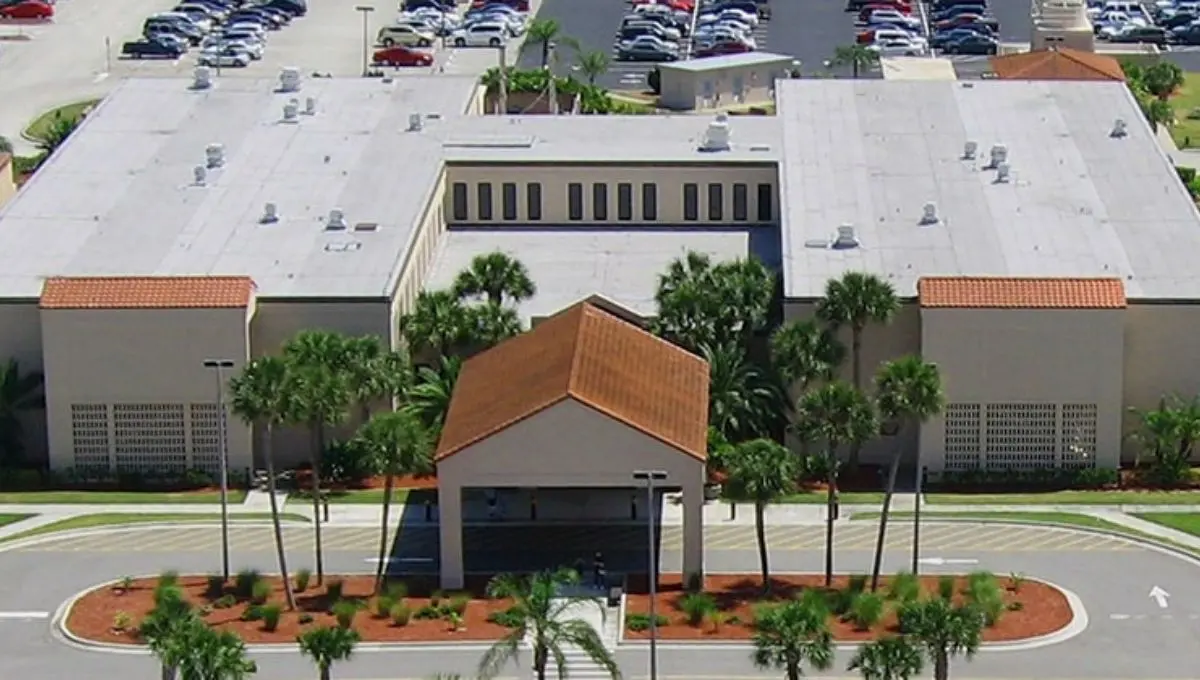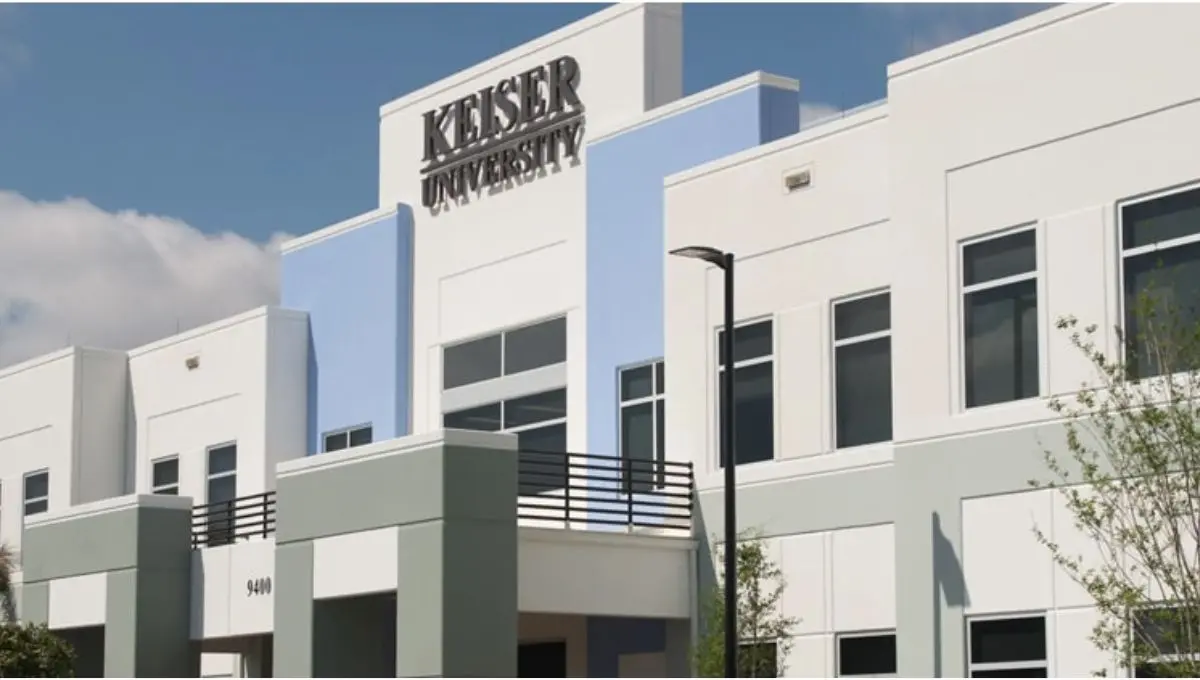Contents
- 1 Why is Keiser University so expensive? An In-depth Analysis and Understanding
- 1.1 1. Breaking Down the Costs
- 1.2 2. Compared with Other Institutions
- 1.3 3. Value-Added Benefits
- 1.4 4. Financial Aid and Scholarships
- 1.5 5. The Perspective of Quality Over Quantity
- 1.6 6. Reassurance for Prospective Students
- 1.7 7. Addressing the Larger Question of Rising Tuition Costs
- 1.8 8. Looking Beyond the Price Tag
- 1.9 9. The Broader Benefits of Keiser Education
- 1.10 Contact Information Address: 6151 Lake Osprey Drive, Sarasota, Florida 34240 Phone Number: (866) 534-7372, (941) 907-3900 Fax Number: (941) 907-2016 Email Address: AdmissionsInfoSAR@keiseruniversity.edu
Why is Keiser University so expensive? An In-depth Analysis and Understanding
Cost is a major factor for many international students and their families considering pursuing higher education in the United States. Keiser University’s prices are frequently compared to those of other universities. Why, then, does Keiser University cost so much? This article aims to provide in-depth knowledge by balancing dry academic analysis with warm, comforting prose.

1. Breaking Down the Costs
At first blush, the tuition at Keiser University might be more expensive than at some other schools. However, to get a full picture of the situation, it is necessary to break down these costs as follows:
a. Superior Educational Opportunities: Keiser University offers a comprehensive academic curriculum with courses specifically designed to meet the requirements of today’s competitive job market. Investments made in top-notch teaching staff, curriculum development, and academic resources directly impact tuition costs.
b. Facilities Considered to Be on the Cutting Edge of Technology Keiser University has significantly invested in its facilities, ranging from cutting-edge laboratories to digital libraries. This guarantees students access to the best facilities, improving their educational experience.
c. Keiser University’s Commitment to Maintaining Small Class Sizes: One of the Institution’s Distinguishing Characteristics This ensures that each student receives individualized attention; however, it also results in higher costs for the institution per student.
2. Compared with Other Institutions
Although the tuition at Keiser University may appear expensive at first glance, it is important to put it in context with other schools that offer comparable quality and facilities. Many times, private universities with facilities and faculty expertise on par with public universities have tuition costs that are comparable or even higher. When viewed in this light, the price of attending Keiser conferences is more in line with the industry’s.
3. Value-Added Benefits
Keiser University provides many value-added benefits in addition to its immediate academic offerings, including the following:
a. Job Placement Rates: One of the Significant Indicators of the Value of an Institution The job placement rate is one of the most significant indicators of the value of an institution. Keiser University has consistently shown that its graduates have a high rate of job placement, which ensures a return on investment for the university.
b. Alumni Network: A robust alumni network can provide enormous post-graduation benefits, such as job referrals and business partnerships, especially if the network is well maintained. The extensive and vibrant alumni network that Keiser University maintains adds significant long-term value.
c. Learning by Doing: Keiser University strongly emphasizes learning by doing or hands-on learning, which helps students become theoretically competent and ready for the workforce.

4. Financial Aid and Scholarships
Keiser University recognizes the concern many people have regarding the cost of tuition and responds by providing various scholarship opportunities and financial aid programs. These initiatives have the potential to significantly cut the effective tuition for a large number of students.
5. The Perspective of Quality Over Quantity
Spending money on a college education is wise. The return on investment (ROI) is as important as the investment itself. Students at Keiser University are investing in a better and more secure future despite the university’s higher tuition than other options.
6. Reassurance for Prospective Students
Prospective students and their families have every right to be concerned about the cost of higher education. The price tag becomes more understandable when weighed against the comprehensive education offered at Keiser University. The school’s dedication to academic excellence guarantees its students will graduate prepared to contribute significantly to their fields.
7. Addressing the Larger Question of Rising Tuition Costs
Tuition prices have steadily climbed at universities across the United States, not just Keiser University. There are several causes for this pattern:
a. Operating Expenses: Universities’ expenses to keep their campuses safe, up-to-date, and suitable for learning are rising.
b. Faculty Salaries: Many universities provide generous financial benefits to recruit and keep the best faculty. Keiser University is known for its devoted teaching staff, so this is especially important.
c. Regulatory Compliance: Universities in the United States face a tangled web of standards and regulations, the implementation of which often comes at a price.
Students today want more from their educational institutions than just lecture hall lectures. All the extras that make a school more appealing to students, like counselling, clubs, sports, and health care, don’t come cheap.
8. Looking Beyond the Price Tag
Putting too much emphasis on the price tag could obscure the true issue. Keiser University’s all-encompassing curriculum is designed to produce graduates who are competent in their chosen fields, well-rounded, and prepared to face the challenges of the real world.
Keiser University is committed to developing its students as whole people rather than just students. Graduating with such well-rounded skills can give students an edge in the job market.
Keiser’s connections to various industries and businesses allow internships, workshops, and guest lectures that expose students to the working world and increase their marketability after graduation.
9. The Broader Benefits of Keiser Education
It is also important to mention the broader societal benefits as well as the personal benefits that come with earning a degree from a reputable institution such as Keiser, such as the following:
a. Social Mobility: High-quality college education frequently opens doors to better employment opportunities, leading to higher earnings and improved social mobility.
b. Personal Fulfillment: Beyond the tangible benefits, there is an intangible yet invaluable aspect of personal growth, fulfillment, and the broadening of horizons provided by a quality education. This aspect is the personal growth that a person experiences due to receiving an education.

Conclusion and Final Thoughts:
Learning how Keiser University calculates its costs is illuminating because it reveals the sticker price and the true worth behind it. Higher education is an investment in one’s financial and personal future. Keiser students invest in more than just a degree when they examine the total cost of attendance and see that the value they receive goes well beyond the classroom.
Keiser University is unique in its ability to help students develop academically and personally, which is especially important in today’s rapidly changing job market. Financial aid, alumni connections, and a well-rounded education are just a few of the long-term benefits prospective students and their families should consider.
If you’re still worried about how much college will cost, it’s important to know that many nonprofits’ sole mission is to help you figure out how to pay for it. Getting involved with one of these groups can lead to helpful advice and, in some cases, financial support.
Check out the school’s website and investigate nearby social service agencies to learn more about available programs. You should put effort into securing your future, and help is available to those who look for it. Remember that getting an education is the most effective way to effect positive change in the world, and that this goal is within reach if given proper support.
If you put money into your future, you can help create a better world for yourself and the people around you. The journey can be made easier with the right guidance and support, and the rewards are well worth it.

Frequently Asked Questions (FAQs):
1. What factors contribute to Keiser University’s tuition fees?
Numerous factors contribute to the high cost of a Keiser University education, such as the caliber of the faculty, the cost of maintaining first-rate facilities and services, the number of students enrolled in each class to ensure individual attention, and the salaries of those faculty members.
2. How does Keiser University’s tuition compare with other similar institutions?
Keiser’s tuition may seem high initially, but it’s quite reasonable compared to other private universities with similar resources and faculty. When deciding between options, it is crucial to consider the complete set of features and the overall value.
3. Does Keiser University offer any financial assistance or scholarships to students?
Keiser University understands that many prospective students and their families may have monetary concerns. The university’s many scholarship and financial aid programs help alleviate this concern by lowering the effective tuition for many students.
4. What additional value does Keiser University offer its students besides tuition?
Keiser University places a premium on practical experience, preparing its students to succeed in the workforce. The university also offers a wide variety of internships and real-world experiences, thanks to its close ties to various sectors of the economy.
5. Why are smaller class sizes at Keiser University a factor in the cost?
The learning environment is improved when class sizes are reduced to allow teachers to give each student the attention they need. Higher per-student costs result from this method because more classrooms, teachers, and other resources must be maintained for the same number of students as in larger classes.
6. Is the rising tuition cost exclusive to Keiser University?
Contrary to popular belief, many American universities’ tuition rates have not been stable. This pattern is not unique to Keiser University; it can be seen nationwide due to increasing operational costs, faculty salaries, regulatory compliance, and improved student services.
7. Where can potential students or guardians seek financial guidance or assistance?
Keiser University encourages those in need of financial aid to visit its website. You can also contact one of the many nonprofits to help students pay for college. Finding local helplines and welfare organizations is helpful because they can provide more individualized assistance.

For the most accurate and up-to-date information, please visit the university’s admissions, financial aid office, or official website.
Contact Information
Address: 6151 Lake Osprey Drive, Sarasota, Florida 34240
Phone Number: (866) 534-7372, (941) 907-3900
Fax Number: (941) 907-2016
Email Address: AdmissionsInfoSAR@keiseruniversity.edu
Footnotes
Keiser University Academic Programs
Keiser University Campus Facilities
Benefits of Small Class Sizes
Comparison of Tuitions: Private Universities in the US
Job Placement Rates in US Universities
Impact of Alumni Networks on Careers
Benefits of Hands-on Learning
Keiser University Financial Aid Programs
Return on Investment in Education
[Rising Operational Costs in Higher Education](https://www.insidehighered.com/views/201









